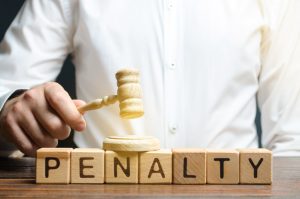As a board member of a condo association in Florida, you are subject to certain legal obligations and liabilities. These are established by various sources such as Florida statutes, federal laws, the association’s bylaws, and the declaration of condominium. Here are some key aspects of these liabilities:
- Fiduciary Duty: Board members have a fiduciary duty to the association and its members, meaning they must act in the best interest of the organization and its members. If a board member violates this duty, they can be held legally accountable.
- Duty of Care: Board members must exercise reasonable care and diligence when performing their duties. They are expected to make informed decisions for the association. This often involves seeking expert advice on issues beyond their expertise.
- Duty of Loyalty: Board members must prioritize the interests of the association over their personal interests. This includes avoiding conflicts of interest and making decisions that benefit all members of the association.
- Financial Responsibility: Board members are responsible for the financial health of the association. They must ensure the association has sufficient funds to cover expenses, maintain reserve funds, and avoid unnecessary financial risks.
- Compliance with Laws and Regulations: Board members are required to ensure the association complies with federal and state laws, as well as local ordinances. Non-compliance can result in fines and other penalties.
- Statutory Obligations: Florida’s Condominium Act (Chapter 718 of the Florida Statutes) imposes certain requirements on condominium associations, including matters related to meetings, voting, financial reporting, insurance, and maintenance. Non-compliance can result in liability for the board members.
In terms of liability, if a board member is found to have breached their duties, they could potentially be held personally liable for resulting damages. However, many associations carry Directors & Officers (D&O) liability insurance to protect board members from personal financial exposure arising from lawsuits related to their conduct as board members. It’s crucial to note, though, that this coverage doesn’t absolve them of their responsibilities or shield them from all possible consequences.
Lastly, it’s always recommended to consult with a legal professional or an attorney with expertise in Florida condominium law to understand specific legal obligations and liabilities. This post provides a broad overview, but specific cases may involve nuances and complexities beyond the scope of this response.


